It is associated with the metal element in TCM
In Traditional Chinese Medicine (TCM), sadness is associated with the lungs and the metal element. This emotion is more difficult to experience than joy, as it is often associated with loss, grief, or events experienced as painful.
And yet, sadness is part of the range of human emotions and must therefore be fully experienced. Seeking to suppress it, or perceiving it negatively, can only lead to repression and, ultimately, energy imbalances.
Conversely, experiencing sadness with too much intensity, or remaining trapped in it for too long, can also affect energy balance and lead to pathologies of the lungs, or even the large intestine, the bowel associated with the metal element.
The ability to experience grief, to feel and accept sadness, to let tears flow wisely, will therefore guarantee a good balance of the metal element, and therefore harmonious functioning of the lungs and large intestine.
Function of the lungs in TCM
The lungs are responsible for inhaling clean, oxygen-rich air and for expelling carbon dioxide and toxic waste. The lungs regulate the Qi inhaled with the air and distribute it throughout the body. They contribute to the circulation of blood and Wei Qi (protective Qi).
The lungs help Qi and fluids move down into the intestines. They are responsible for the excretion of bodily fluids in the form of urine and sweat.
In TCM, the lungs also control the skin, regulating the opening and closing of pores and the activity of sweat glands. For example, during exercise or in hot weather, the pores will open to allow perspiration. Conversely, in cold weather or in windy conditions, the pores will close to protect the body from these external aggressions.
The pulmonary system also regulates the sinuses, bronchi, nose, throat, and voice. The ability to feel and speak with a clear voice depends on him.
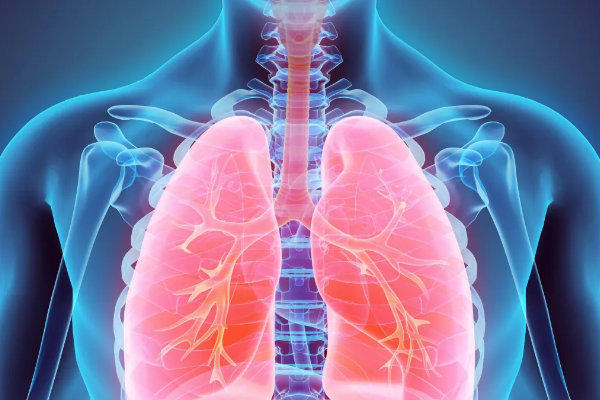
Lung pathologies
Since the lungs are closely connected to the heart, they also have an impact, along with the heart, on the proper circulation of blood in the blood vessels. For this same reason, certain lung pathologies can develop into heart disease.
Since the lungs control breathing, lung disease can manifest as shortness of breath, coughing, chest tightness, lack of desire to speak, a weak voice, dyspnea, or even asthma.
Since the lungs control the skin and hair, an imbalance can result in dry or flaccid skin, thinning or dull hair. Since the sweat glands are poorly controlled, spontaneous perspiration, night sweats, or hot flashes can result.
In TCM, the lung is said to “open to the nose.” Therefore, colds, rhinitis, and anosmia (disturbances or loss of smell) can occur in cases of lung imbalance. Finally, since the lung controls the “waterways”, a lung dysfunction can cause oliguria (infrequency of urine) or edema.
The Po or corporeal soul
Since the large intestine is the bowel associated with the lung in TCM, in the metal element, poorly managed sadness can also lead to diarrhea or constipation.
On a subtle level, the lung houses the Po, or “corporeal soul,” which is the most material part of the human soul. It allows for sensations: hearing, sight, touch. It is thanks to it that we perceive heat, cold, itching, and pain.
It is therefore particularly important to take care of our sadness so that it does not lead to lung pathologies.
A full breath
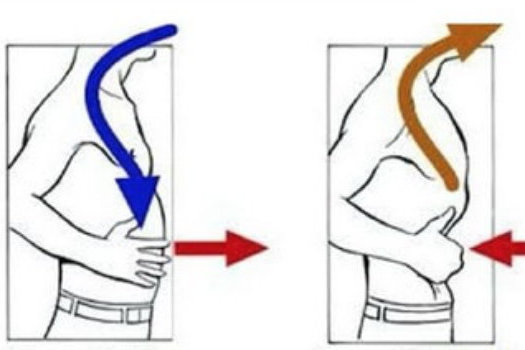
The corporeal soul, or Po, is closely linked to breathing. It is affected by emotions such as sadness or grief, which block its movements. We may then observe short, shallow breaths, and breathing localized in the upper chest.
To take care of our health in general, and our lungs in particular, it is crucial to relearn how to breathe fully. A newborn’s natural breathing is abdominal. But the older we get, the more tension and poorly managed emotions restrict our breathing. Where we should be using our breath to recharge our batteries, we breathe barely enough to stay alive.
It is therefore essential to become aware of our breathing and restore its full mobility. To do this, we should practice abdominal breathing daily, inhaling and exhaling as slowly as possible, in a relaxed manner. Practicing pranayama in yoga, or practicing qigong, frees our breathing, allowing the Breath of Life to fully animate us!

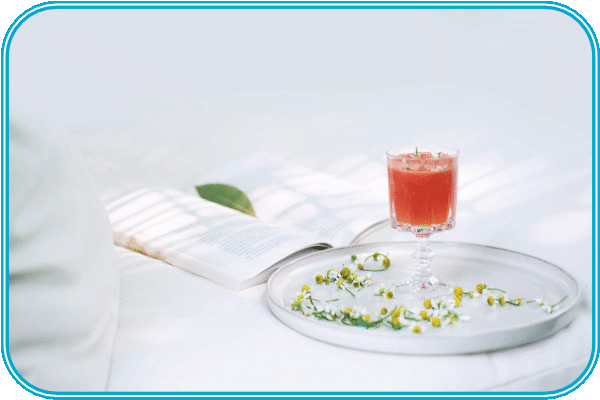
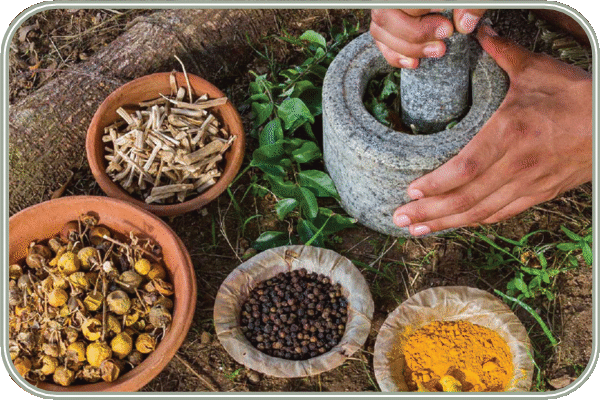

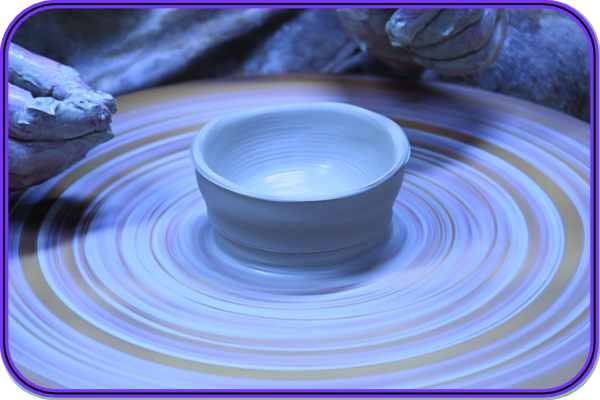


0 Comments